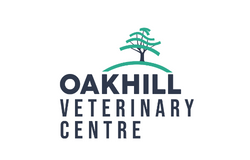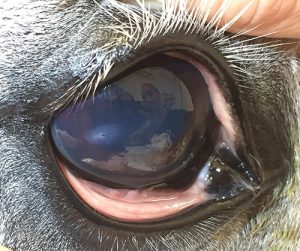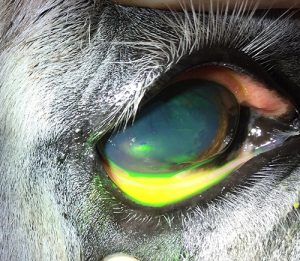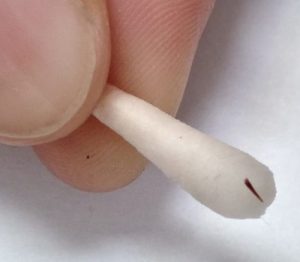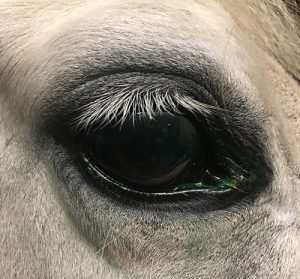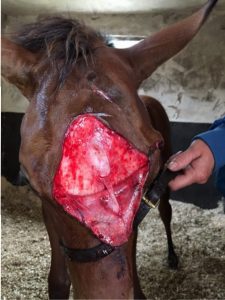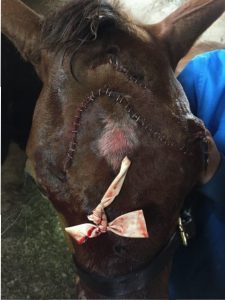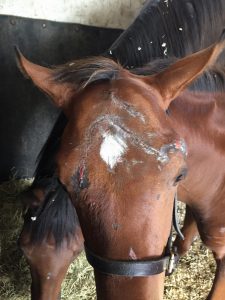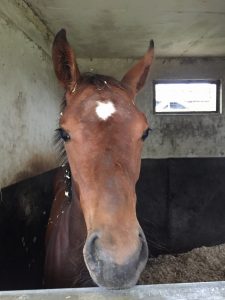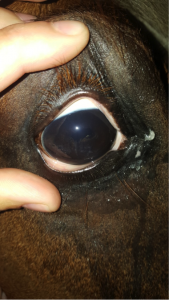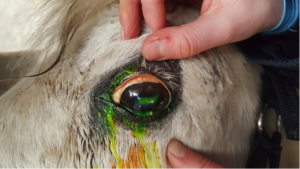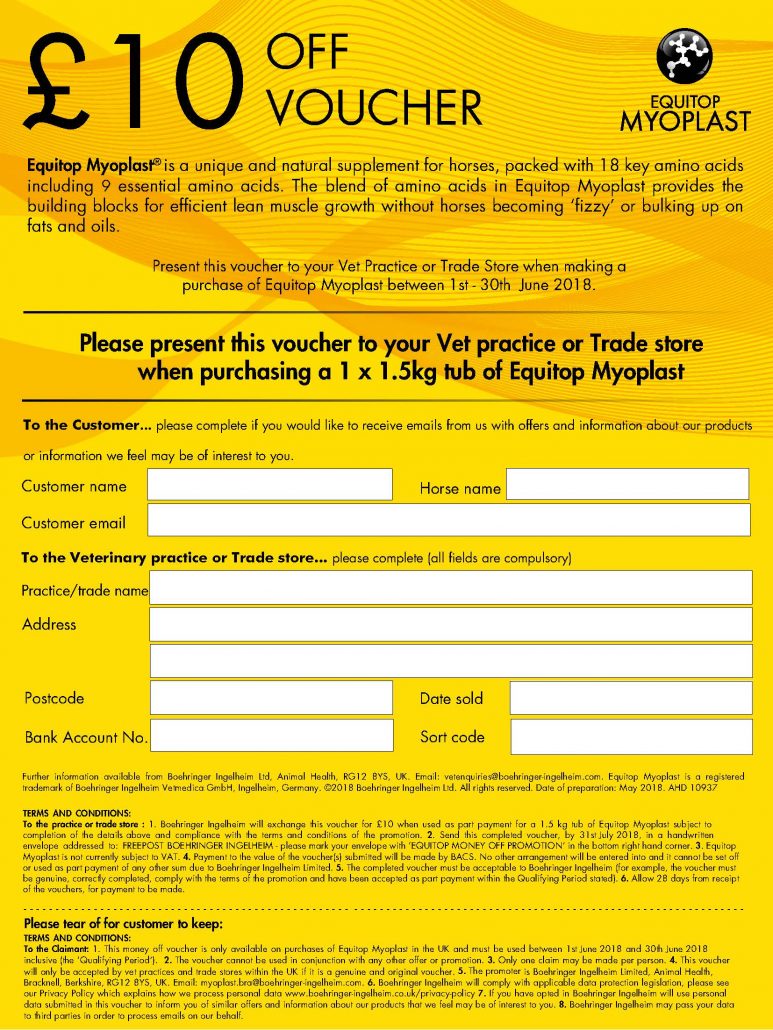Colic is a collection of clinical signs shown by a horse indicating abdominal discomfort. We see an increase in colic’s due to impactions during the winter months.
Impactions of the gastro intestinal tract commonly occur at the pelvic flexure. The pelvic flexure is a part of the large colon which turns 180 degrees on itself and naturally narrows. The reduced speed of food material passing through this area mean it is more susceptible than other areas to blockage.
Other than anatomy there are a number of changes that occur, mostly in the winter, which increase the risk of blockage:
[checklist icon=”fa-arrow-circle-right” iconcolor=”#39aa87″ circle=”yes”]
- We reduce the amount of hours that horses and ponies are outside eating short moist grass and replace it with eating longer, drier roughage such as hay and haylage. Larger amounts of hay and haylage can be eaten alot quicker.
- Horses and ponies often have less exercise either because they are confined to a stable for longer periods of the day or because we can’t ride them as much due to shorter daylight hours.
- Horses may reduce their winter intake due to the water being cold or frozen, causing the food material to become dehydrated in the gut.
- Horses may be turned out on sand paddocks to stretch their legs. If roughage is fed from the floor then they will ingest sand particles which will rest in the gut.
- Horses and ponies may eat large amounts of straw from their bedding.
[/checklist]
As food material slows down in the pelvic flexure more water is reabsorbed from the gut causing drying of the gut contents, reducing motility of the gut further, leading to more drying and eventual blockage. Usually the horse will have passed reduced amount of, drier than normal, faeces over the preceeding 48-72 hours to eventually passing no droppings at all.
Pain from impaction colics is due to stretch of the gut. Impaction colics usually are mild in pain but can have periodic episodes of more intense pain. Normal colic signs such as pawing, flank watching and inappetance can be exhibited.
Examination by a vet may reveal a mildly increased heart rate, dry gums and prolonged skin tent. Gut sounds can sometimes be reduced due to slowing of the gut, however they can also be increased as the body’s response to try to shift the blockage. Impactions of the pelvic flexure can usually be identified on rectal examination. They usually are doughy in consistency and sit in the lower left area of the abdomen.
Treatment, as with any colic, involves providing pain relief and a muscle relaxant. In addition the blocked food material needs to be rehydrated. This is most commonly done using a tube passed down the nostril of the horse into the stomach. A mix of water and electrolytes is then administered. Over time this will seep through the food and hopefully relieve the blockage. Food is restricted until poo is seen as it will contribute to the blockage. Tubing may have to occur repeatedly over several days. In severe cases intra venous fluids may need to be used.
[checklist icon=”fa-check-circle” iconcolor=”#39aa87″ circle=”yes”]
- Change diet slowly.
- Avoid straw bedding if you are concerned your horse or pony eats it.
- Try to keep exercise maintained, a walk around the yard is better than standing still in a stable.
- Ensure a ready access to fresh water.
[/checklist]
